▻ Omnibus XII
Episode Summary:-
While January may be a time when many people cut down on their wine consumption, there is no cutting down on wine topics to talk about this month. John Stimpfig and Sarah Kemp discuss “dry January,” and confess that they, along with many others, are looking at “moderate January.” John takes a look at the medical research on whether abstaining from alcohol makes a difference or not. January is also the month when the British wine trade put on their annual Burgundy tastings. This year, many tastings have been cancelled due to the Omnicron virus, particularly frustrating when the news is that it is a good vintage, especially with whites. John advises not to wait when they arrive, as the wines will be in high demand, especially as the 2021 vintage was badly affected by the Spring frosts. Demand is definitely going to outstrip supply.
We also say goodbye to two great wine figures, the influential oenologist Philippe Cambie, who died tragically young at the age of 59 – many regarded him as the Michel Rolland of the Southern Rhone; and Claude Taittinger, who ran Champagne Taittinger from 1960 until he retired in 2006.
2021 was a record year for wine investment, John reveals: Liv-ex’s 1000 index showed 18 consecutive months of gains, Sotheby’s wine auction sales were up 44% on 2020, fuelled by Asia, and leading broker Bordeaux Index’s trading volumes rose 40%. Sarah and John talk about the different facts propelling the growth, which regions are doing well, and how investors now are asking about climate change when it comes to purchasing wine, aware that some wine styles may not be replicated in the future.
““Investors are really concerned that a style of wine is going to disappear because of climate change.””
Our US Editor, Elin McCoy, reports on the changes that will replace the glitziest event in the US, the Napa Valley Wine Auction, with a new series of events entitled “Collective Napa Valley.” She describes the different events planned and the new partnership with Sotheby’s. There will be a membership, rather like a museum membership, where you can pay to be on different tiers and enjoy different benefits. There are online auctions, including one run by Sotheby’s which opens on January 24th and closes with a live auction on February 5th. It will include rare library Napa wines, not often seen on the market. In the summer, there will be a barrel auction hosted at Raymond Vineyard by Jean-Claude Boisset, and after the harvest an auction run by Daphne and Bart Araujo. The idea is to make the Napa Valley more inclusive, bringing in smaller vintners who may not have been able to participate in the Napa Valley Wine Auction and wine lovers who don’t have US$800,000 to spend on an auction lot.
Still in the Napa Valley, Elin reports on the reaction to the launch of the first US wine NFT (non-fungible token) by the Robert Mondavi winery. Since the launch on December 15th, 624 tokens have been sold to 412 owners, with the top-selling lots being the NFT of the magnum of 2019 Cabernet Sauvignon from the To Kalon vineyard by Andy Erickson. Elin predicts that you will be seeing more NFTs from Napa Valley wineries.
Elin reports on two new trends, no-alcohol/low-alcohol wines, and how millennials are drinking more broadly, becoming beverage drinkers as opposed to wine drinkers. The low- or no-alcohol movement is predicted to grow by 34% in 2024. She talks about the no- and low-alcohol wines she has tried. Most she finds too sweet but recommends aromatic whites, and finds Germany to be leading the field. Elin reveals that, while she has actually drunk a whole bottle of Giesen no-alcohol Sauvignon Blanc, to date she has otherwise only managed to “taste.” She is content, but still prefers the one with alcohol more. Sarah and Elin both welcome the movement, especially for designated drivers.
A recent wine report by the Silicon Valley Bank provides the good news for the US wine industry that sales in 2021 were up by 21%, with online retailers enjoying particular success. Not such good news is that millennial drinkers are less dedicated to wine than the older generation. The report describes them as beverage drinkers with no particular loyalty to wine. Elin discusses the reasons behind the generational change and the news that there is a new initiative in the US to launch a national promotion campaign for wine.
As consumers change their wine habits, wine sites need to evolve, believes Lisa Perrotti-Brown MW, who is leaving heading up Robertparker.com to launch her own venture, thewineindependent.com, with photographer Johan Berglund. Elin has been talking to her about this new venture which she promises will be more fun, more visual and have more filters to help consumers find the wine they want. It will also be entirely independent and rely on subscriptions, with no event revenue. (Elin will be interviewing Lisa when the site launches in May.)
And it seems no Omnibus edition would be complete without news from Saint Emilion. Jane Anson talks about the latest thunderclap to hit the historic commune, Château Angelus withdrawing their application from the 2022 Saint Emilion classification. Jane explains the background to the decision, and tells of her discussion with Stéphanie du Boὓard-Rivoal, where Stephanie revealed that although they didn’t share the same reasons as Châteaux Cheval Blanc and Ausone in leaving the classification, the fact they had left made Angelus’s decision easier. Jane believes the classification will go ahead in September, and points out how many more lawsuits there could be if it didn’t.
Running Order:-
-
0.00 – 10.56
“There is absolutely no doubt that 2020 has produced a really good vintage in Burgundy.” —John Stimpfig
– Dry January – who is doing it and the medical view on its benefit.
– New Year wine resolutions.
– The January Burgundy tastings – good news regarding the 2020 vintage.
– Farewell to Philippe Cambie and Claude Taittinger. -
10.57 – 20.45
“We’d rarely get asked about climate change in the context of wine, today it is in the top five questions investors ask.” – Matthew O’Connell, Bordeaux Index
– 2021 a record year for wine investment.
– Why 2021 proved to be such a successful year for wine investment.
– The wine regions which proved the most successful for investors.
-
10.57 – 20.45
“There has been a big recognition that the people who attend the Napa Valley Auction tend to be older and wealthier. This is a way for people who do not have US$800,000 to splash out on a lot to be involved with the Napa Valley in a really connected way.” —Elin McCoy
– How the glitzy Napa Valley Auction is being replaced with Collective Napa.
– Collective Napa’s new programme of events and online and live auctions.
– Napa Valley Vintners partnership with Sotheby’s.
– Robert Mondavi NFTs – 624 tokens sold to date. -
29.39 – 44.06
“New York city has a bottle shop that is strictly no alcohol, no-alcohol spirits, no- alcohol beer, no-alcohol wine.” —Elin McCoy
– The growth of no-/low-alcohol wine.
– The most successful low-/no-alcohol wines on the market.
– The Silicon Valley Bank wine report – millennials becoming beverage, not wine drinkers.
– The initiative to launch a national promotional wine campaign in the US.
– Lisa Perrotti-Brown MW leaving Robertparker.com to launch Thewineindependent.com. -
44.07 – 51.12
“I think everyone is sick and tired of everyone’s attention being drawn to lawsuits instead of the wine.” —Jane Anson
– Jane Anson discusses the news that Château Angelus is withdrawing its application to be part of the 2022 Saint Emilion classification.
RELATED POSTS
Keep up with our adventures in wine
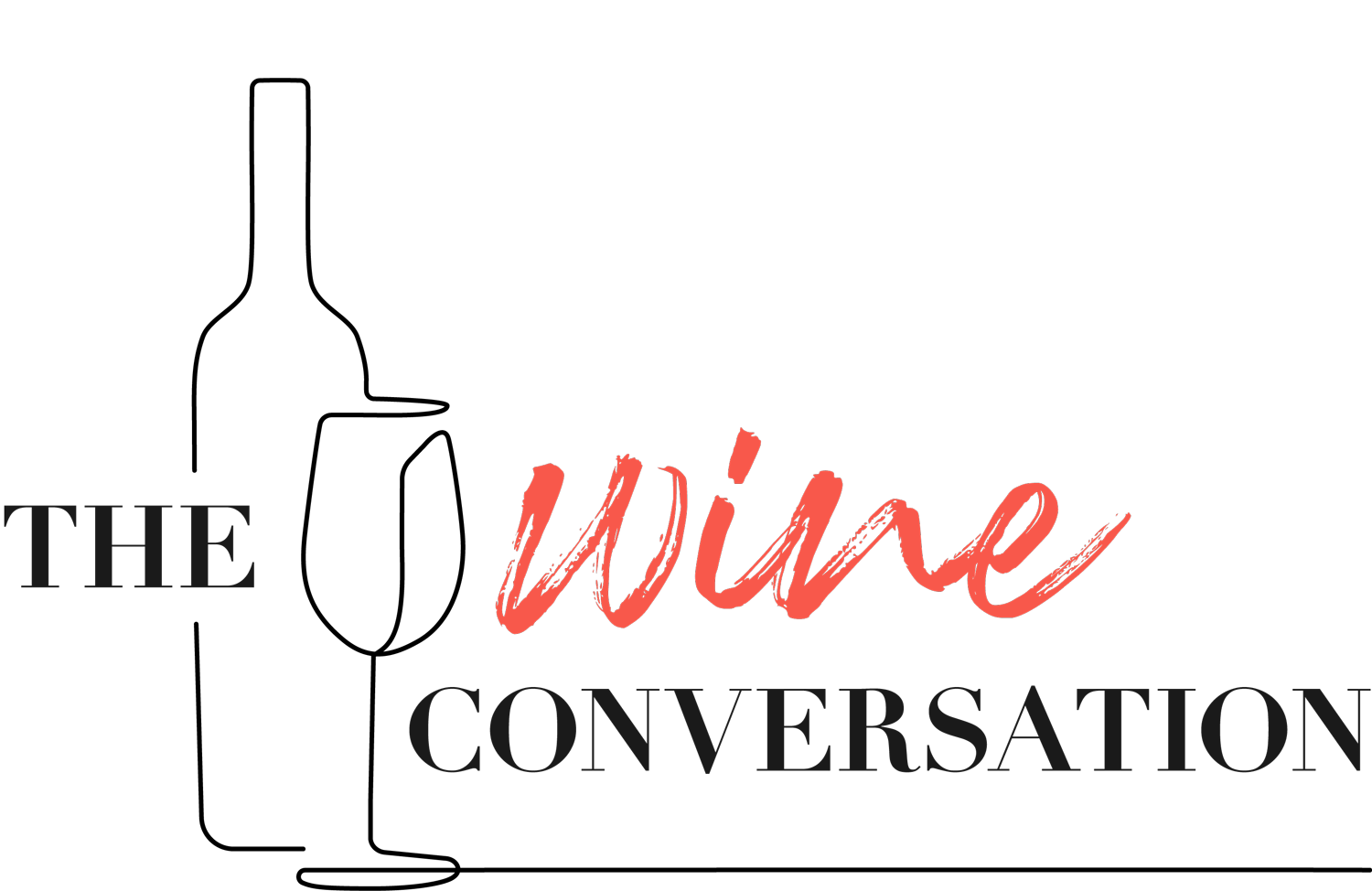


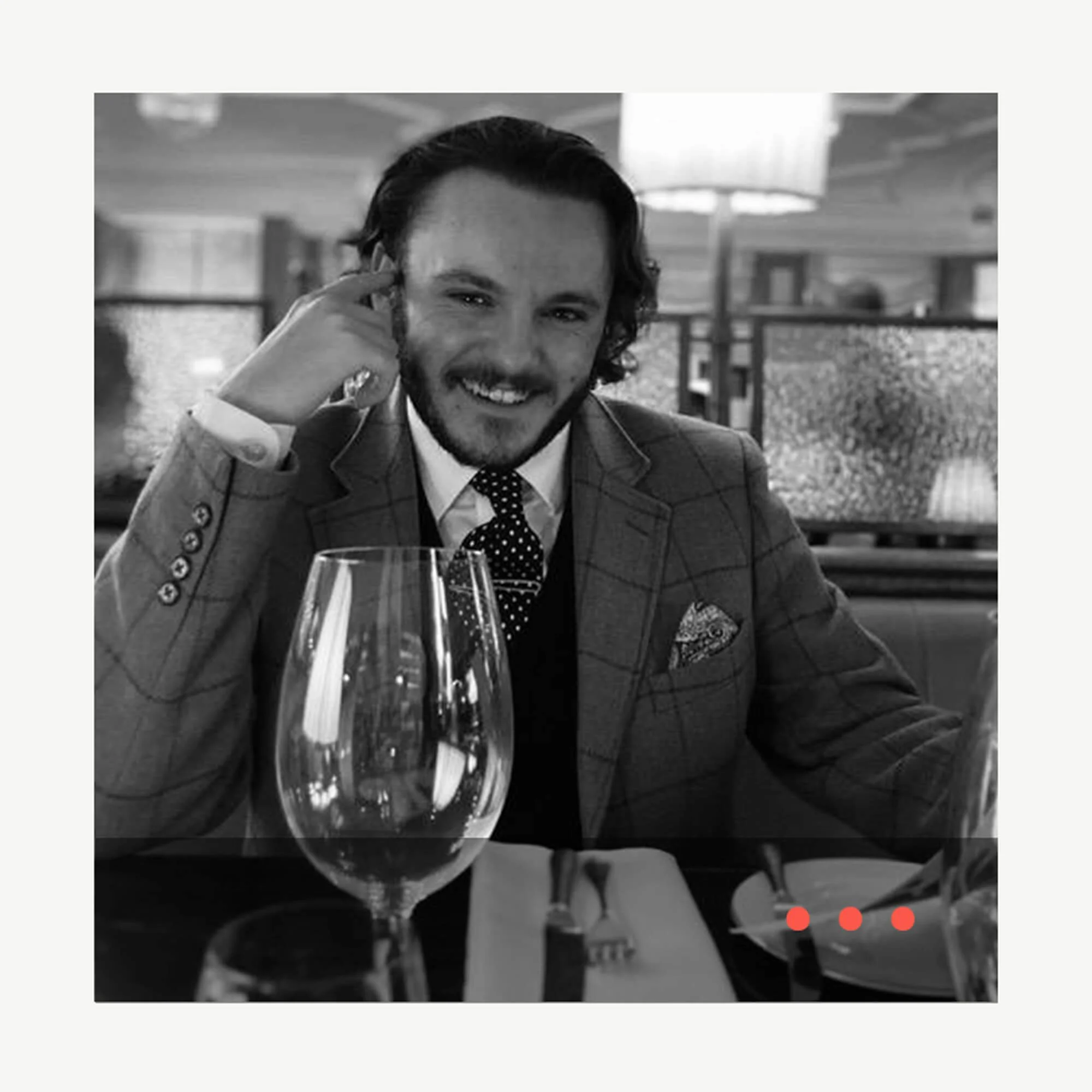


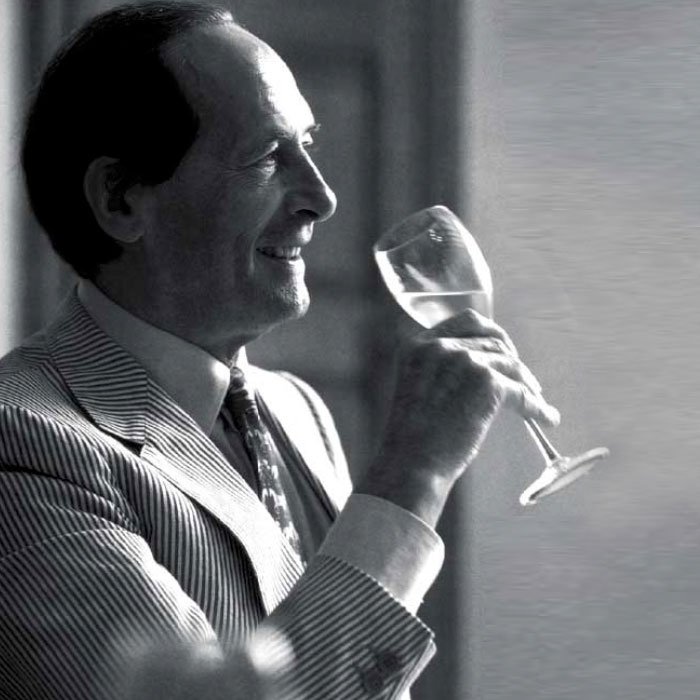
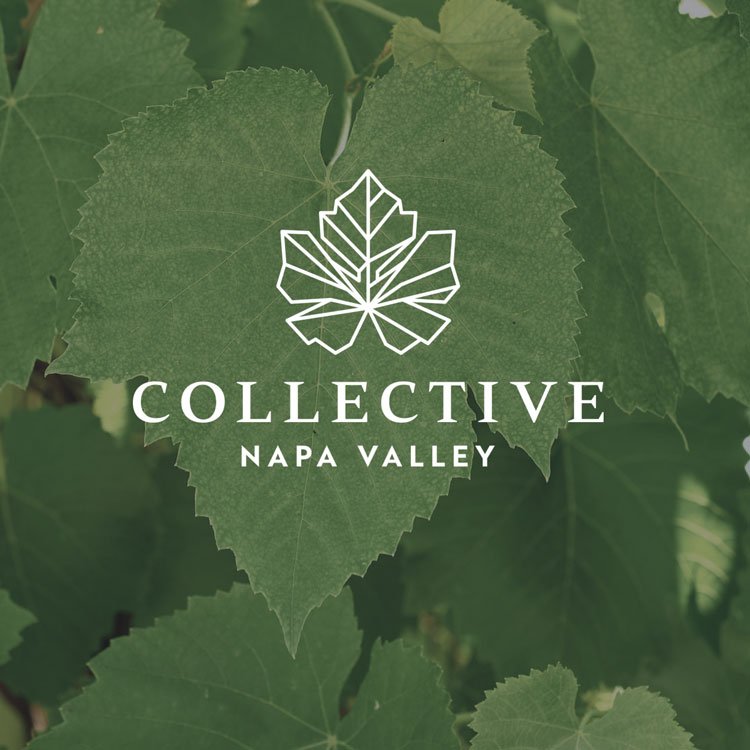
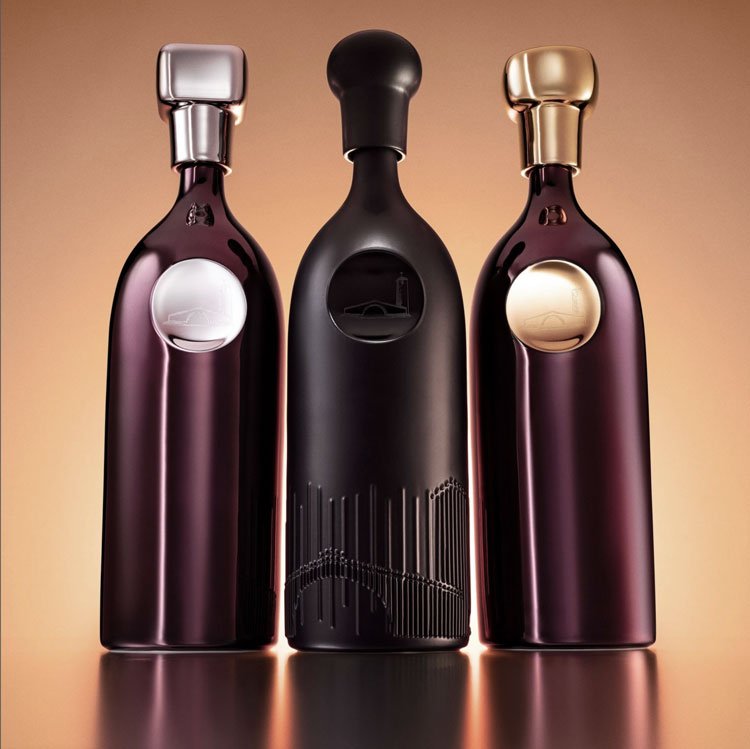
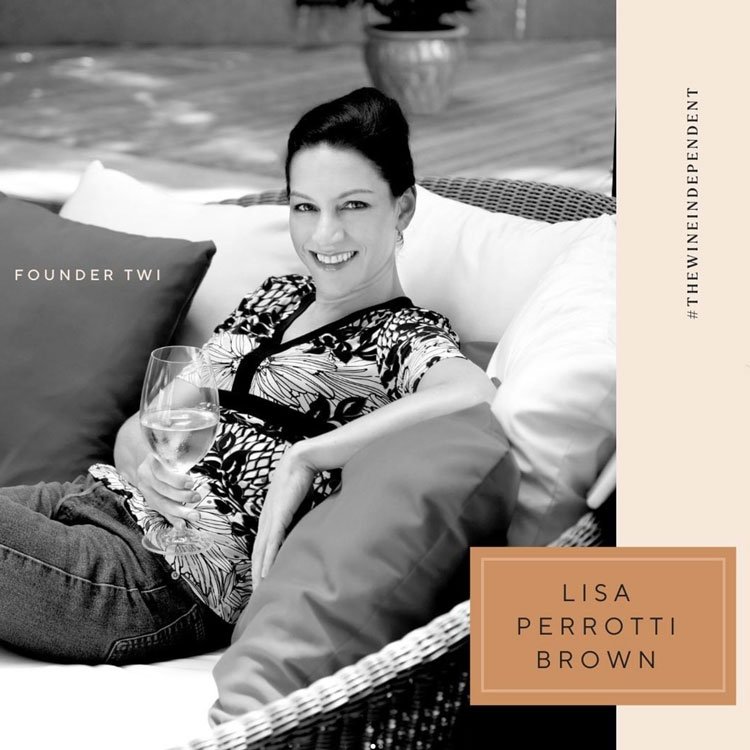
Jane Anson describes the historic tasting of Bordeaux’s 1945 First Growths to mark the 80th anniversary of the end of World War II.